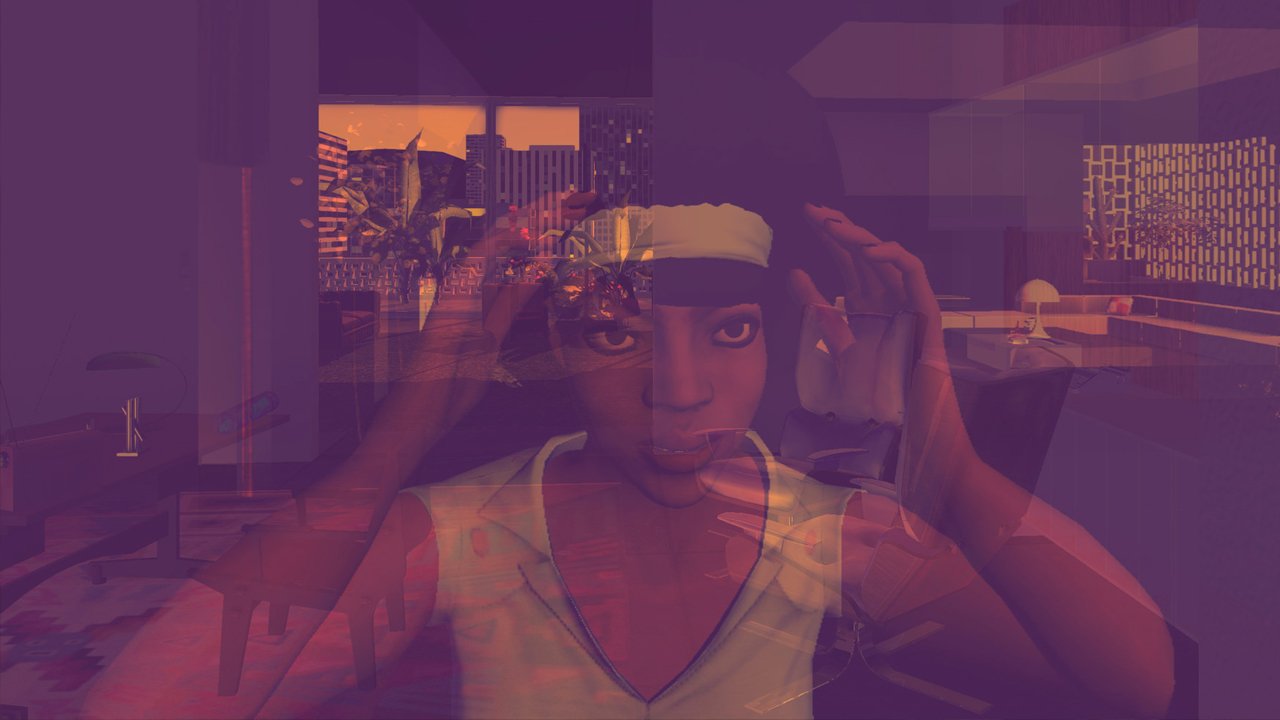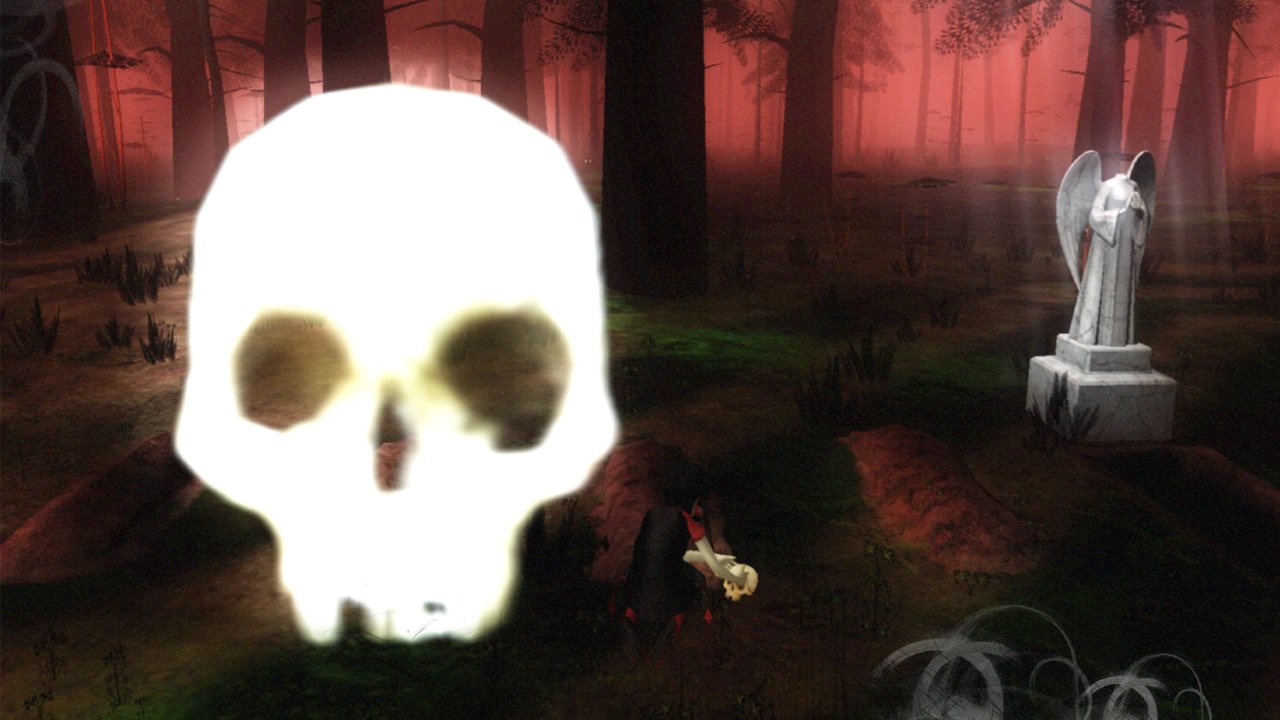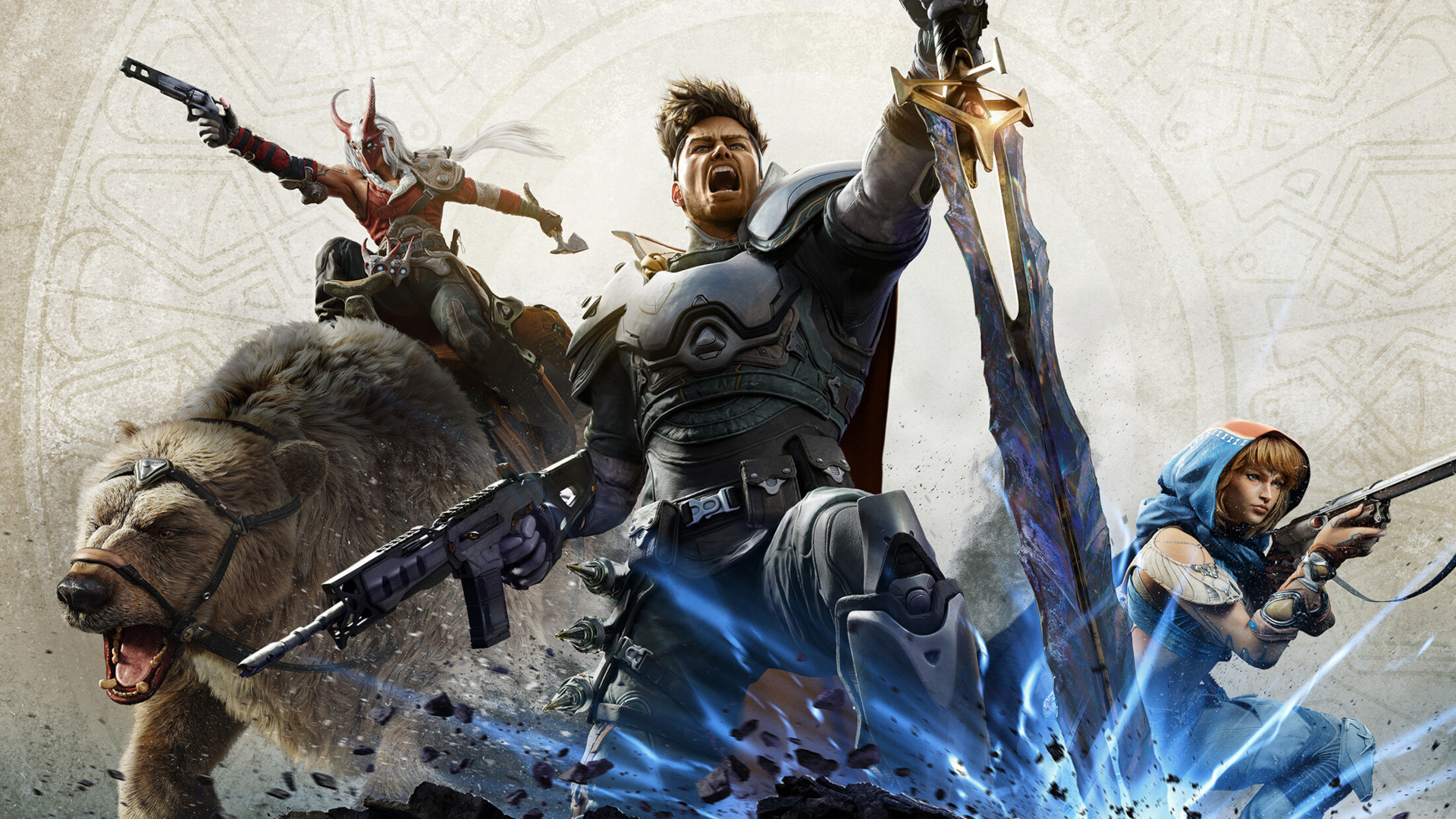In defense of games that arent "fun"
Weekly digests, tales from the communities you love, and more
You are now subscribed
Your newsletter sign-up was successful
Want to add more newsletters?

Every Friday
GamesRadar+
Your weekly update on everything you could ever want to know about the games you already love, games we know you're going to love in the near future, and tales from the communities that surround them.

Every Thursday
GTA 6 O'clock
Our special GTA 6 newsletter, with breaking news, insider info, and rumor analysis from the award-winning GTA 6 O'clock experts.

Every Friday
Knowledge
From the creators of Edge: A weekly videogame industry newsletter with analysis from expert writers, guidance from professionals, and insight into what's on the horizon.

Every Thursday
The Setup
Hardware nerds unite, sign up to our free tech newsletter for a weekly digest of the hottest new tech, the latest gadgets on the test bench, and much more.

Every Wednesday
Switch 2 Spotlight
Sign up to our new Switch 2 newsletter, where we bring you the latest talking points on Nintendo's new console each week, bring you up to date on the news, and recommend what games to play.

Every Saturday
The Watchlist
Subscribe for a weekly digest of the movie and TV news that matters, direct to your inbox. From first-look trailers, interviews, reviews and explainers, we've got you covered.

Once a month
SFX
Get sneak previews, exclusive competitions and details of special events each month!
It’s unfortunate that developer Tale of Tales has decided to move away from making video games. Unfortunate, but not at all surprising. Its games, as a rule, aren’t fun. That’s not a condemnation, though of course it sounds like one. Its games aren’t fun because fun isn’t really the point of titles like The Path, Graveyard, Luxuria Superbia, Fatale or The Endless Forest. If you had fun playing them, then that’s great, but fun wasn’t really the main objective. Tale of Tales made games that pushed boundaries, inspire you to think, to feel, to open your mind to the possibility of what digital entertainment can do or be. Playing them is often an uncomfortable experience, because they’re so outside of anything we typically think of as a video game. “I don’t get it” is not an uncommon reaction to playing a Tale of Tales game, nor is it an invalid one. And so, no, it’s not really surprising that Sunset, which Michael Samyn and Auriea Harvey called a “game for gamers” didn’t really connect with players. But it really is sad.

I’m not going to fault you for not enjoying Tale of Tales games, or not even being aware of them. They’re highly artistic, experimental endeavors, and while they are unquestionably important for the overall health of game development, it’s cool if you’d rather not be bothered. You might not’ve been paying any attention to Tale of Tales games, but other developers were, and taking inspiration from their efforts. It’s not very likely that any of Fatale’s DNA will find its way into the next Call of Duty, but you never know what effect new ideas - even ones that don’t work - might have on a creative ecosystem. A designer sees an idea, and thinks about it, and shares it with another designer, who adds it to something else they’ve been pondering, and so on. Every idea in gaming you currently enjoy was inspired by something else, and while sometimes that path is obvious, in many cases the spark seems to come from thin air. Except the air isn’t thin at all; it’s swirling with the notions and experiments and concepts put out by everyone making games every day, and Tale of Tales added a great deal to that atmosphere of creativity.
Designers like Tale of Tales need room to grow and experiment and try, even if what they ultimately produce isn’t any “fun” in the traditional, marketable sense. If we just keep relying on “fun,” we’ll end up sinking into a morass of bland pop-culture candy that all looks alike and makes us feel exactly what we’re supposed to when we’re supposed to. Don’t get me wrong, there’s nothing inherently wrong with traditionally fun media, and you are not “part of the problem” for preferring it over its more “artistic,” less accessible cousins. But we know how to make fun. What we don’t know how to do is whatever comes next, and we’ll never get there if we just stick to what we know. We need to give game development room to breathe, but our current market model doesn’t really allow for that.

Risky, weird, nontraditional games are always on the knife’s edge of sustainability because they’re cheaper to make, and there’s an audience out there for them, but making their money back is always an iffy proposition. Developers who create them are pretty much always one wrong decision away from not having enough cash to function, which naturally makes it difficult, if not impossible, to take time to pursue new and untested trains of thought. In much the same way that PBS exists to make room for television shows that deserve to be seen but likely couldn’t help sell hamburgers or laundry detergent, there should be an arts fund - not a Patreon, not a Kickstarter, a legit fund - for video game creation. Some exist, here and there - in fact such a fund was how Tale of Tales managed to subsist this long - but they’re not large enough to really, truly foster this kind of creative experimentation. It’s not just that games are expensive to make (but they are) but that creators deserve to be able to live a reasonable life while exploring the boundaries of their craft.
If you’re not enamored with the idea of your tax dollars going to fund a somewhat freeform retelling of Red Riding Hood, then perhaps you’d prefer a scheme in which each major publisher - and by “major” let’s say one earning more than a particular dollar amount per year - dedicates a set percentage of its yearly profit to the development of alternative games. Ones with no worry of hitting sales numbers or appealing to a specific demographic. Ones that aren’t made internally and aren’t owned by said publisher. Ones that just help the medium by existing, by inspiring, by being given room to fail. It’s not even slightly in a company’s best financial interest to invest in something upon which it won’t make any monetary return, unless you look at improving the overall health of the industry as being in their best financial interest. If you can take a game like Sunset and learn anything from it, then you’ve helped yourself make better games, though what “better” may mean will vary from creator to creator.

Our medium is capable of greatness, but it’s foolish to expect consumers to pay for the kinds of games that will push its boundaries because for the most part, those games will be too experimental, too weird, and too short on “fun.” When you can only afford to buy a few games a year, it’s just not reasonable to purchase one you don’t really enjoy in the hopes that it may someday lead to something really cool, and scooping up something off the norm for a buck during a Steam sale doesn’t help nearly as much as we want it to. But we need to do something to keep developers like Tale of Tales in business, or else our medium will slowly, but surely, lose that flurry of inventiveness that’s swirling around the thin, thin air.
Weekly digests, tales from the communities you love, and more

Susan was once Managing Editor US at GamesRadar, but has since gone on to become a skilled freelance journalist, editor, producer, and content manager. She is now 1/3 of @Continuepod, 1/2 of @BeastiesLl, co-founder of @TakeThisOrg, and Apex Editor, Fluid Group.


